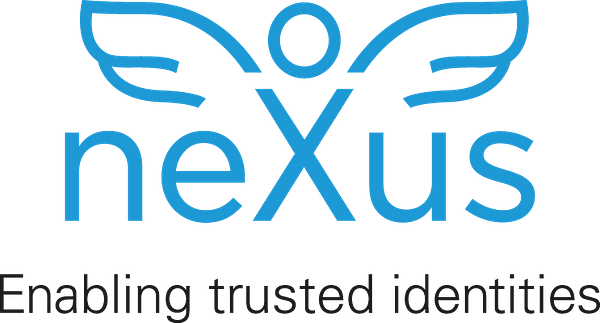Press release -
Six themes drive identity management in 2016
For neXus, the leading global provider of security solutions and services, identity management will be one of the central issues in the context of IT security in 2016. The trends such as continuous flexibilization in the working environment, new forms of customer communication and the growing number of cyber-attacks are responsible for this.
Digital transformation opens up new perspectives for companies as well as for authorities: it optimizes their processes and thus liberates internal capacity, lowers their costs, uses new channels for dialogue with customers and citizens and makes their production more flexible. However, to ensure the security of the underlying processes, consistent and reliable identity management is essential. This year, the following trends will be driving particularly strong demand for appropriate solutions in 2016:
only been the scene of economic crime, but also the battle arena for political and
terrorist targets. According to the Cyber Security Council Germany, around 150 countries possess or are developing offensive or defensive digital weapons. Awareness of safety risks and the willingness to invest has risen in the public sector; solutions for comprehensive identity management are thereby increasingly viewed as an integral part of a broader IT security strategy.
Companies from virtually all industries as well as authorities must therefore develop greater sensitivity toward security issues, if they do not want to compromise their business models and really want to take advantage of the potential of digitization - and they have to follow this awareness with both action and investment. "Companies and government institutions should consider IT security to be an asset that secures their own business models for the future and thus also creates reputation among the target groups," comments Bernd Dieckmann, Managing Director of neXus.
neXus advises and develops flexible security solutions for businesses in many industries as well as government agencies and is well equipped with its portfolio of solutions that are ideal for meeting current demand in the market. The company offers a cross-industry centralized system for identity and access management with uniform guidelines for managing identities, credentials and authorizations, as well as maximum protection in the face of increasing digitization of processes.
#dynamicid
Topics
- Data, Telecom, IT
Regions
- England
neXus
neXus is a leading international provider of security solutions and services, within both physical and logical access. A comprehensive end-to-end offering makes neXus the ideal one-stop Identity and Access Management provider. neXus has its headquarter in Stockholm and branches in Germany, Sweden, Norway, Denmark, France, India, US and the UK.
For more information, please visit nexusgroup.com.
